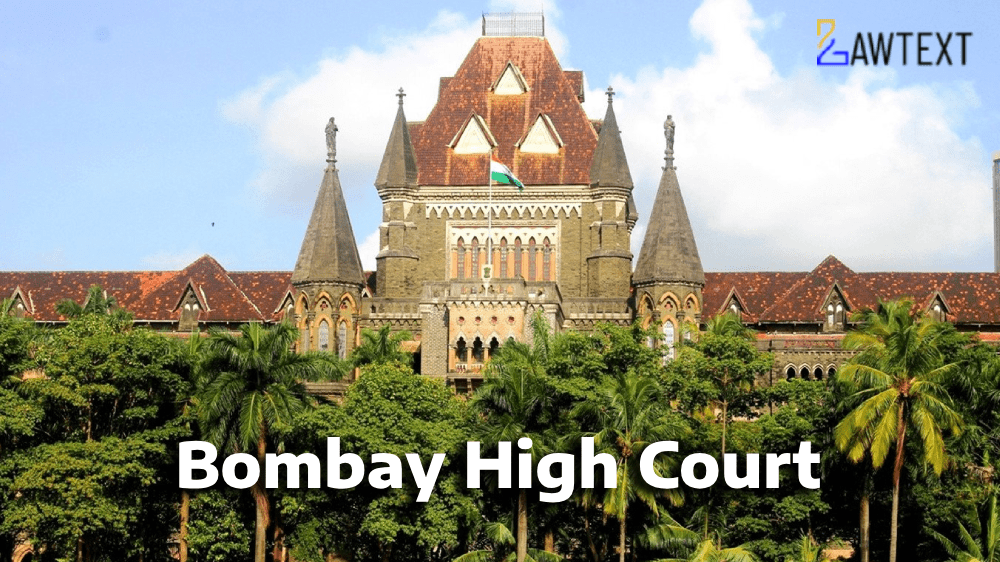

The petitioner filed a writ petition challenging an order by the Joint Commissioner (Appeals) that declined a refund claim. Since the GST Tribunal was non-functional, the petitioner approached the court. The Commissioner acknowledged the petitioner’s entitlement to the refund in an affidavit, citing the retrospective amendments in Section 50 of the CGST Act, 2017. The court directed the respondents to refund the claimed amount as no interest was payable under the amended provisions.
GST Refund and Interest Liability Based on Retrospective Amendments.
GST Refund, CGST Act, Input Tax Credit, Retrospective Amendment, Interest Liability
1. Rule Made Returnable Immediately
The court, with consent from the parties, made the rule returnable immediately.
2. Challenge to the Order Dated 18 August 2021
The petitioner contested the order passed by the Joint Commissioner (Appeals), which denied a refund claim.
3. Absence of GST Tribunal
The petitioner filed the writ petition as the GST Tribunal was not operational.
4. Affidavit Filed by Commissioner
Mr. Dhirendra Lal, Commissioner of CGST and Central Excise, filed an affidavit acknowledging the petitioner’s eligibility for the refund.
5. Reference to Amendments in CGST Act and Rules
The affidavit referenced amendments in Section 50 and Rule 88B, clarifying that interest is applicable only if the electronic credit ledger balance falls below the wrongly availed credit amount.
6. Court’s Direction for Refund
The court set aside the impugned order and directed the respondents to refund the amount of ₹9,26,570/- within four weeks, noting the petitioner's non-utilization of the excess credit.
7. Rule Made Absolute
The court concluded the case without awarding costs due to the fair approach of the respondents.
8. Compliance Directive
The court ordered compliance based on an authenticated copy of the order.
The court determined that the petitioner was not liable for interest on the excess credit as per the amended Section 50(3) of the CGST Act, 2017. The balance in the petitioner’s electronic credit ledger never fell below the wrongly availed amount, which confirmed that the petitioner did not utilize the excess credit, and thus, interest was not applicable.
Citation: 2024 LawText (BOM) (10) 161
Case Number: WRIT PETITION NO.4121 OF 2022
Date of Decision: 2024-10-16
Case Title: Soorajmull Bajinath Private Limited Versus Union of India & Ors.
Before Judge: M.S.Sonak & Jitendra Jain, JJ.
Advocate(s): Mr. Bharat Raichandani i/by UBR Legal for the petitioner. Mr. M. P. Sharma a/w Ms.Mamta Omle for respondent nos.1, 3, 4, 5 & 6. Ms. Nazia Sheikh for respondent no.2-State.
Appellant: Soorajmull Bajinath Private Limited
Respondent: Union of India & Ors.